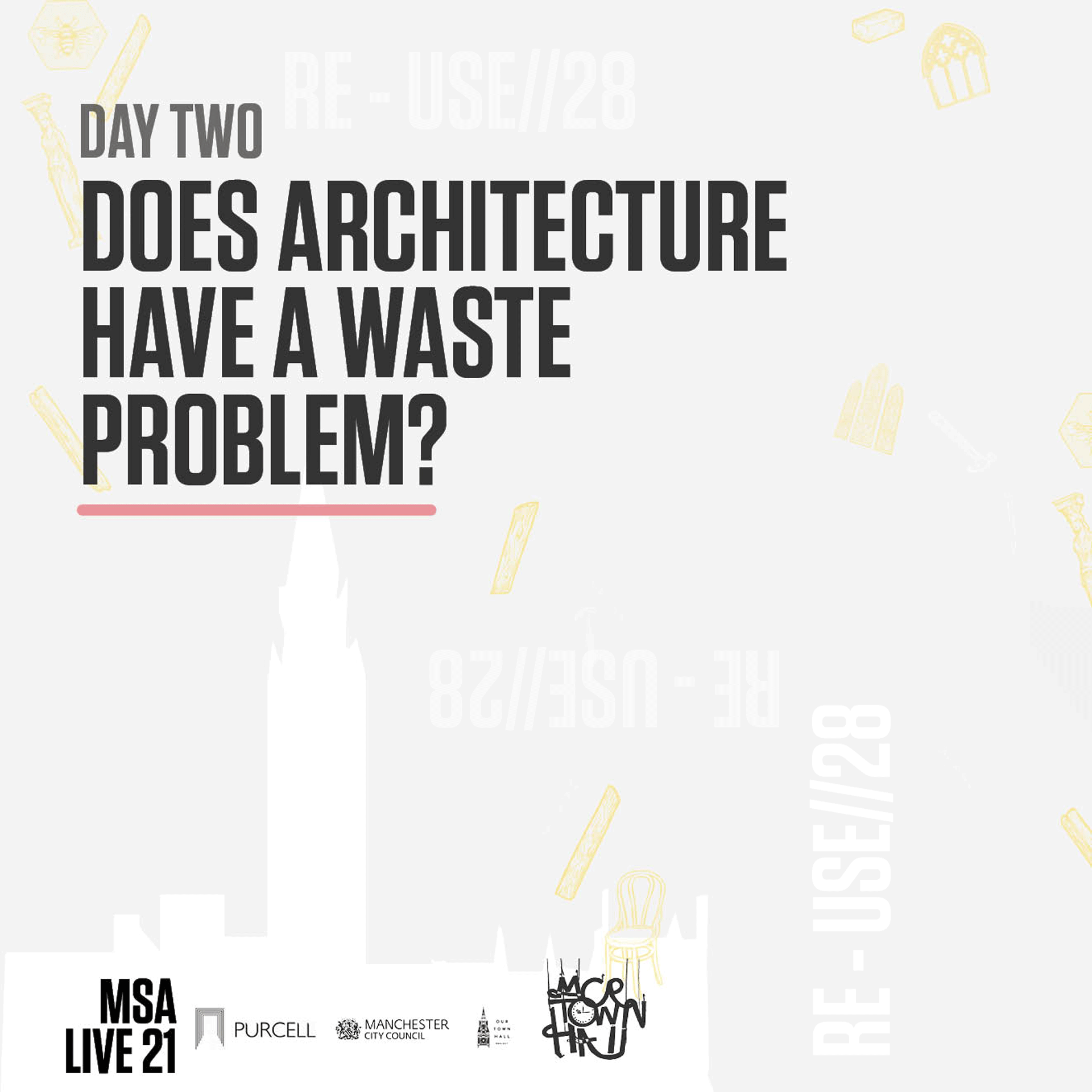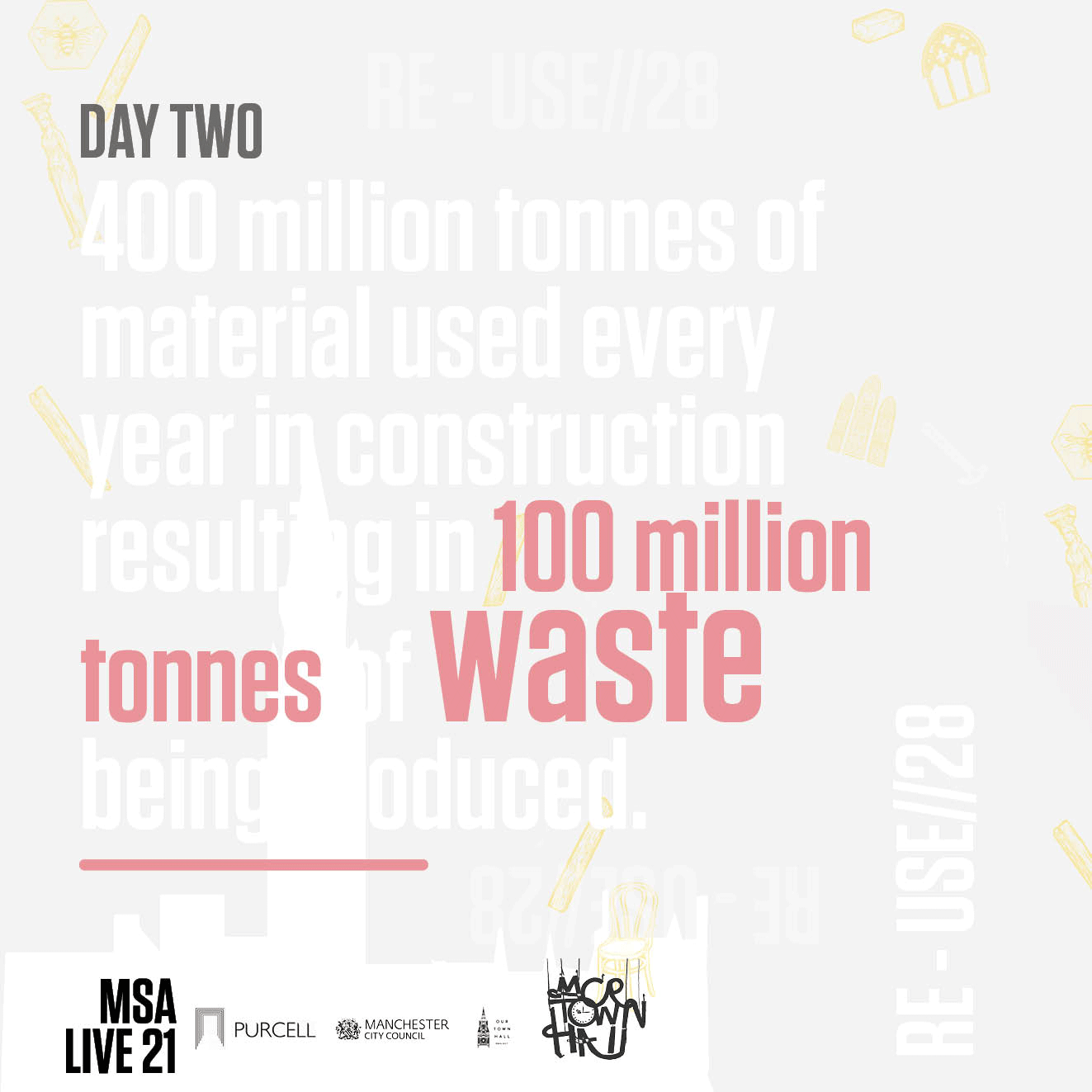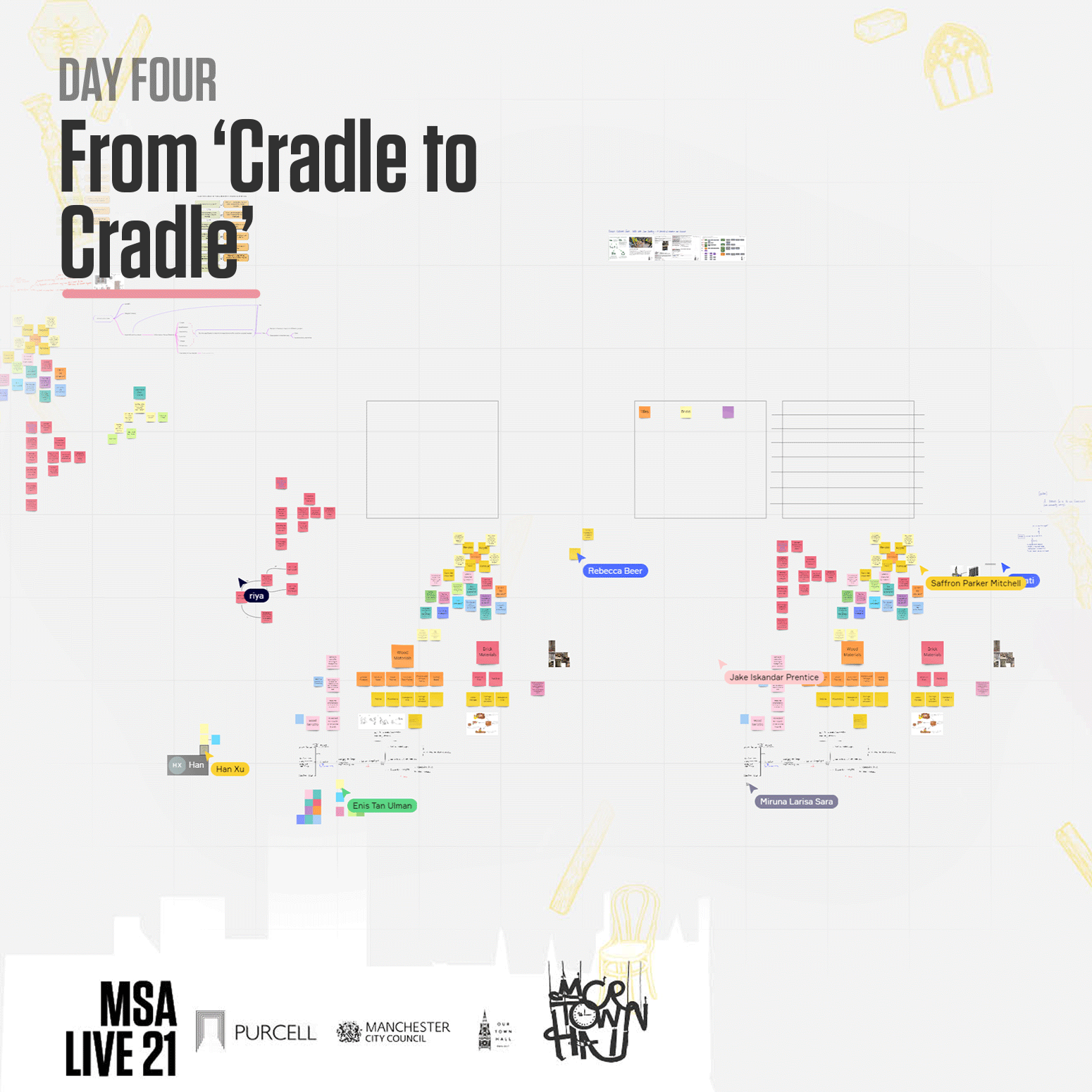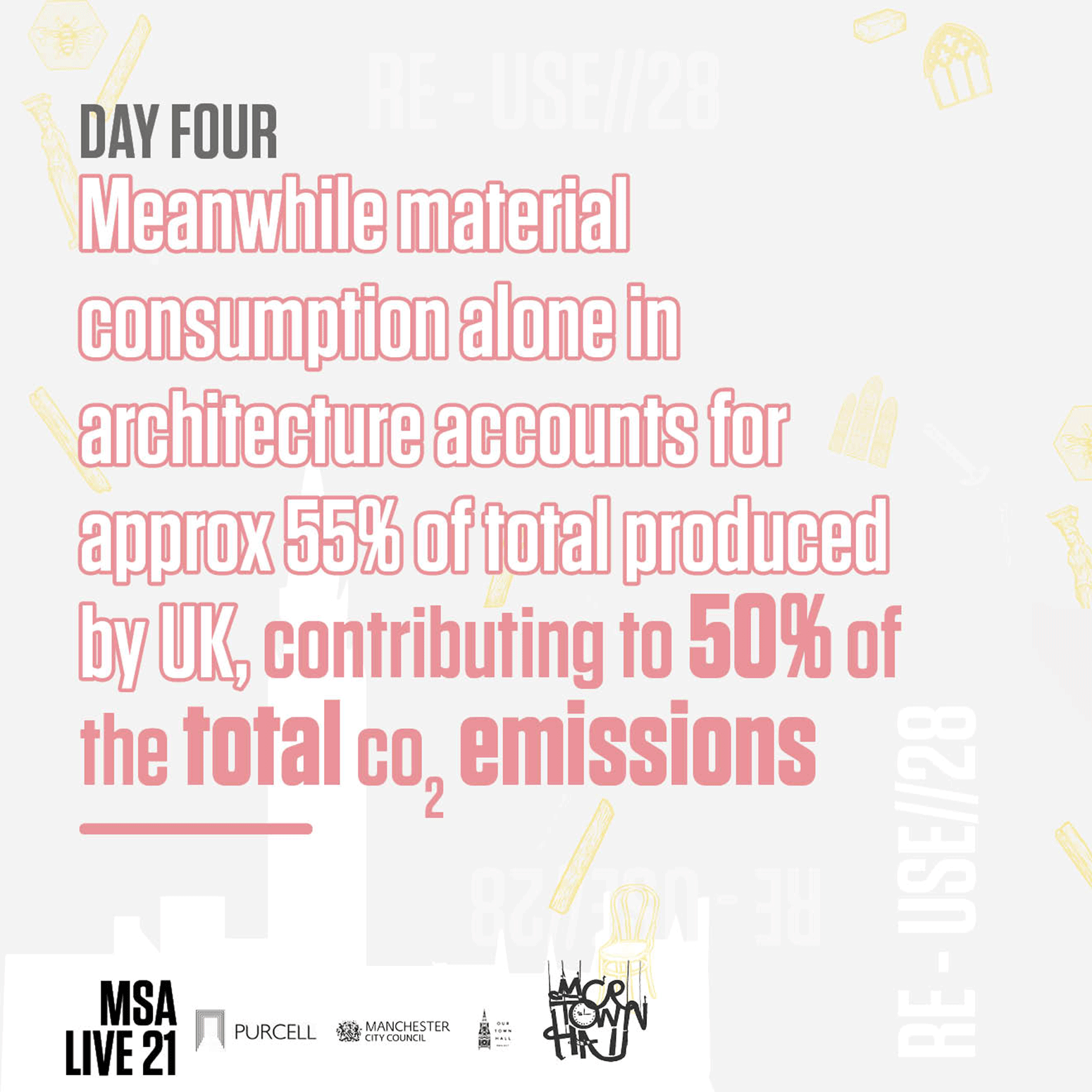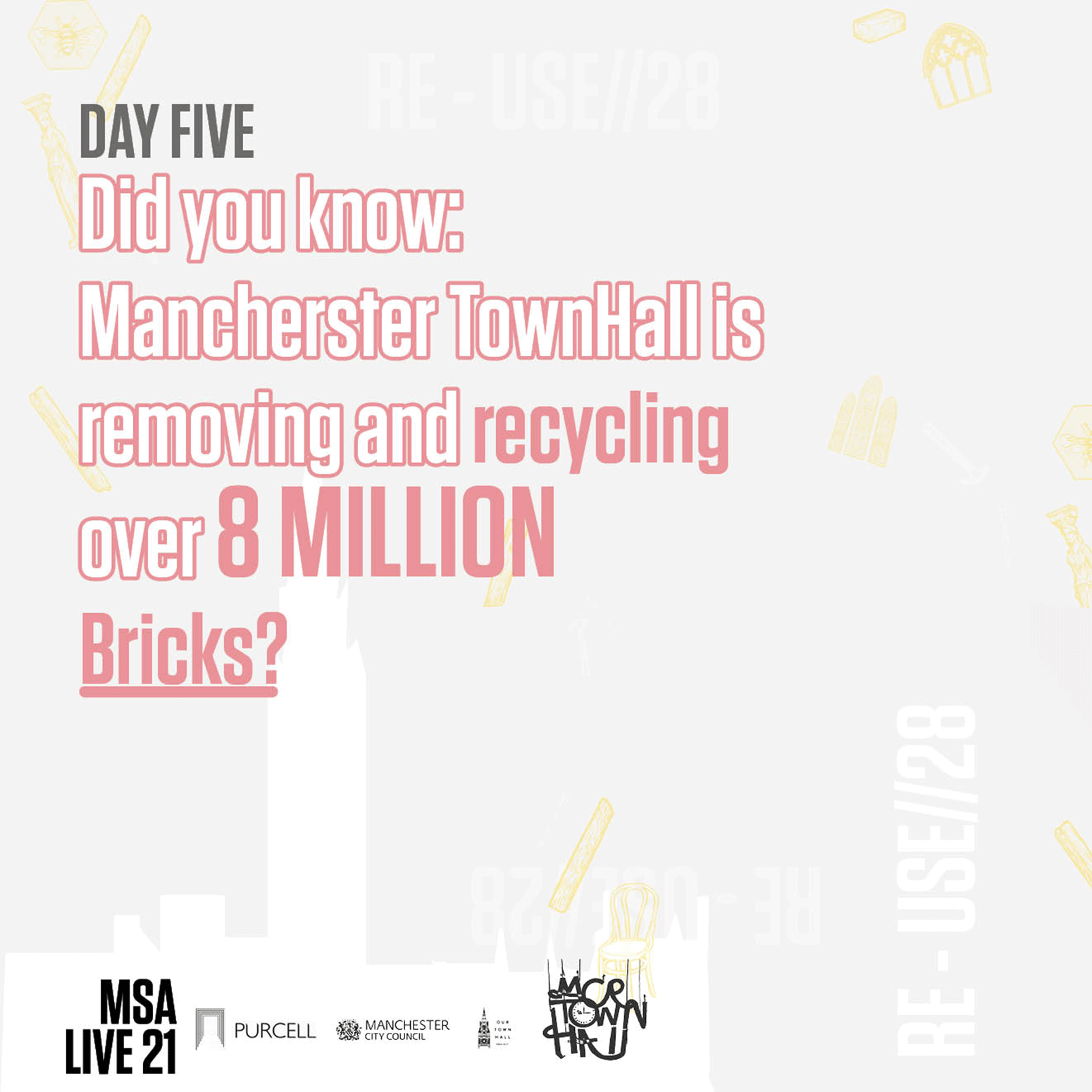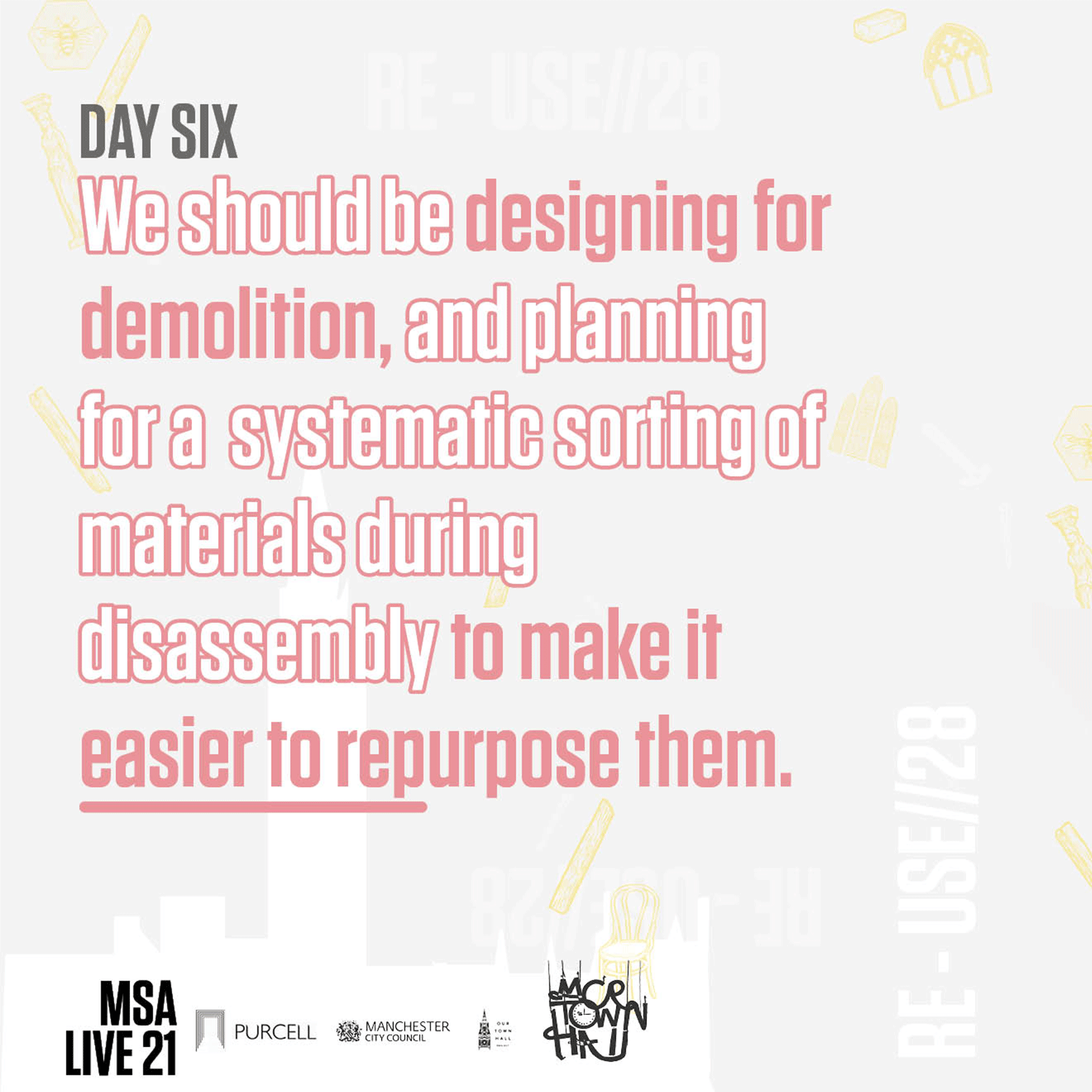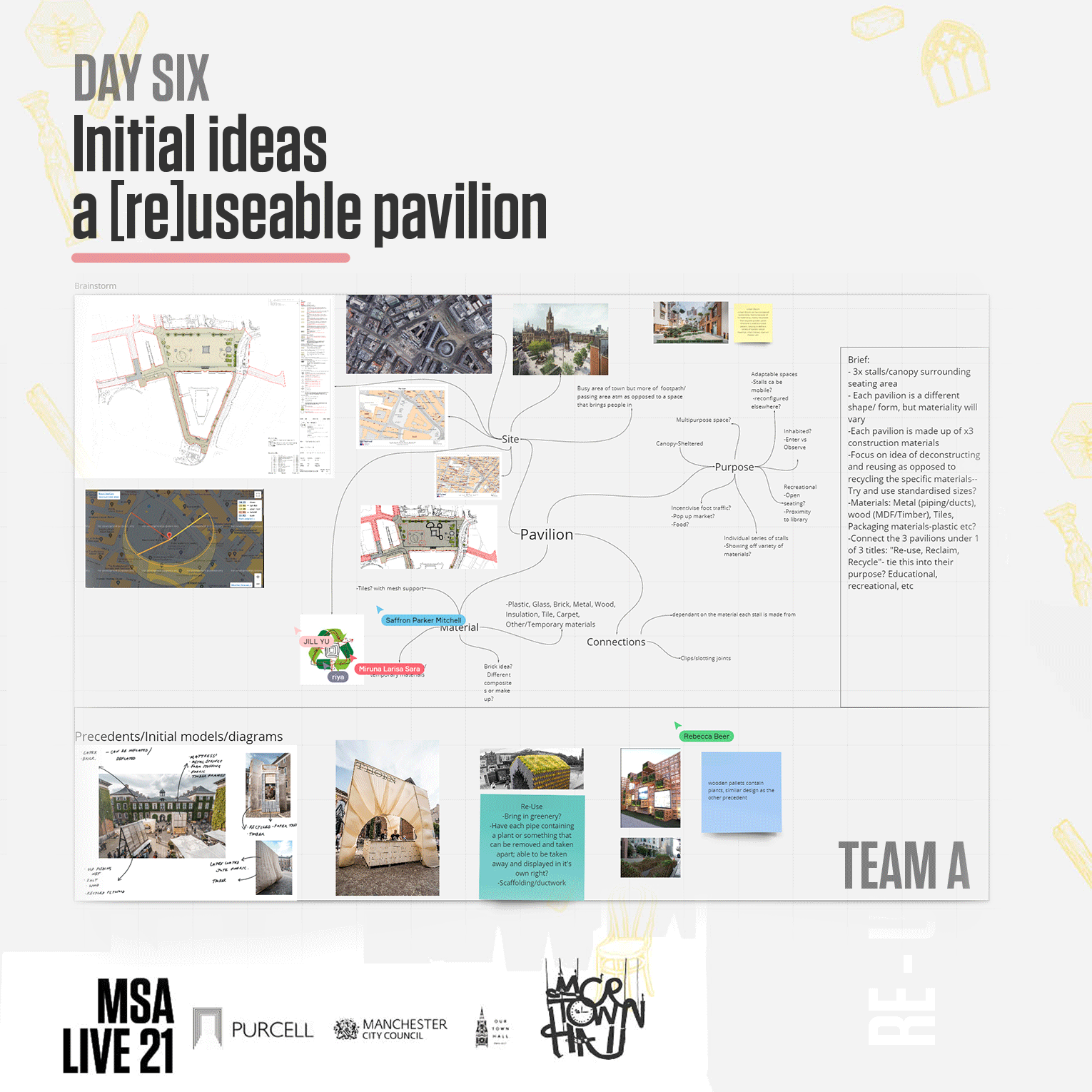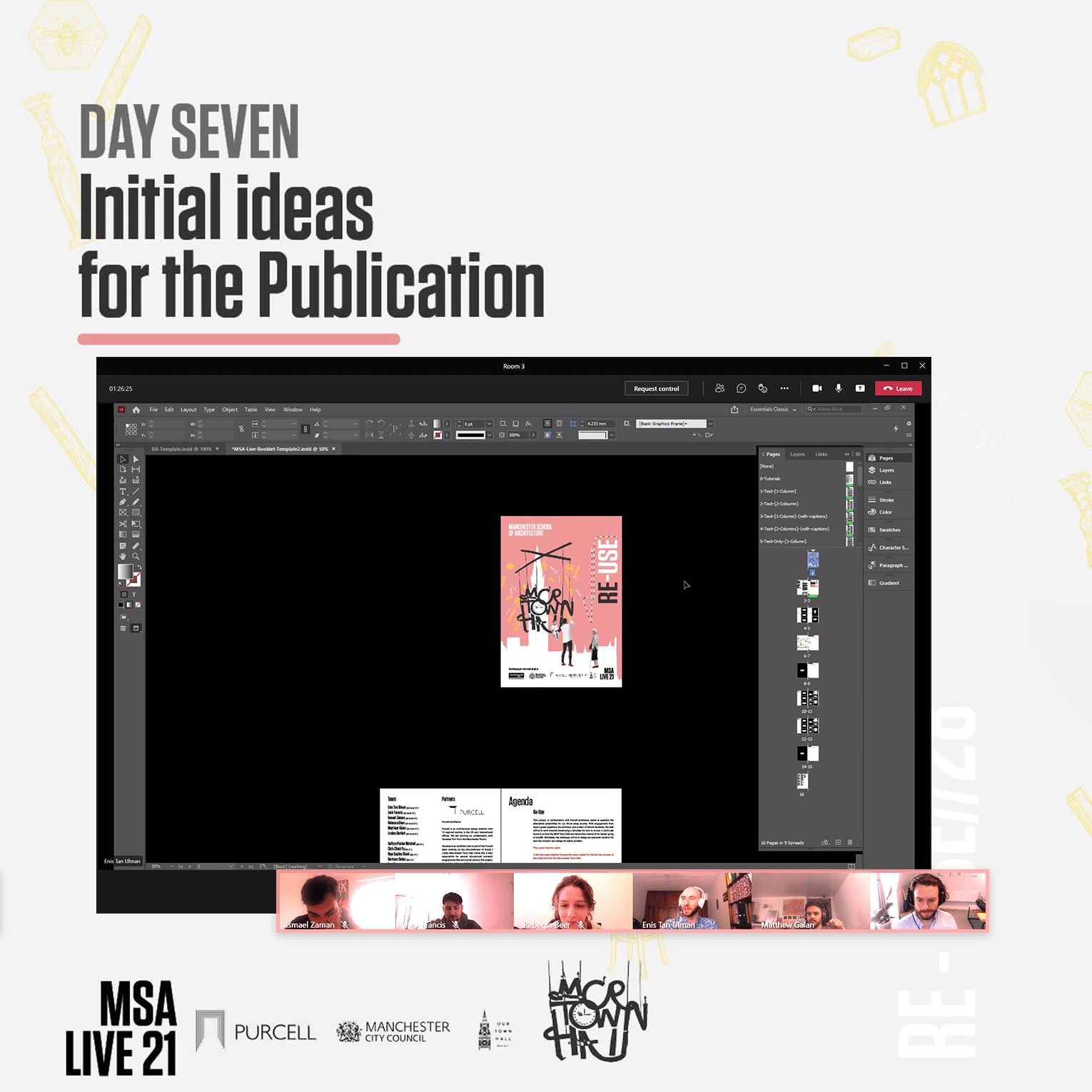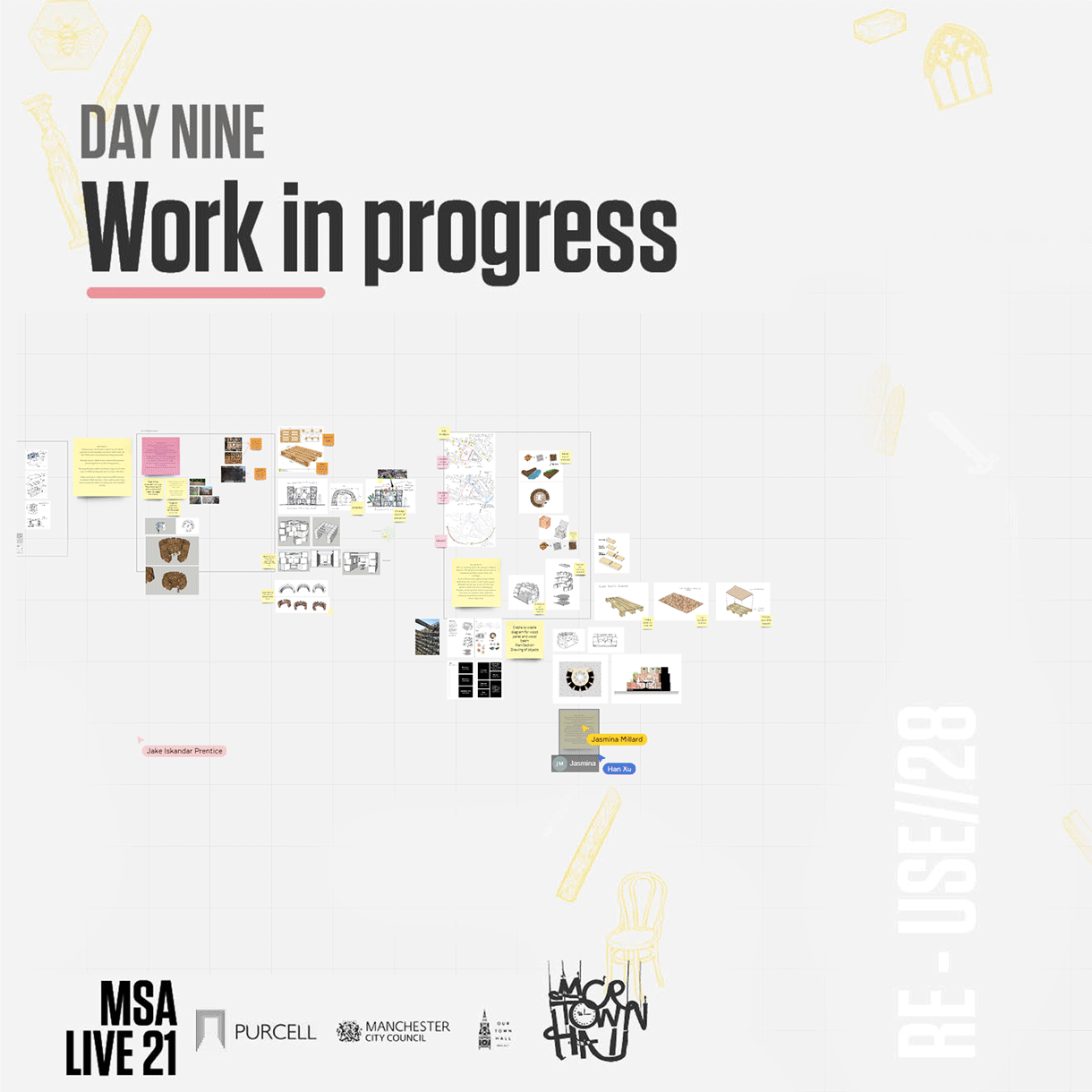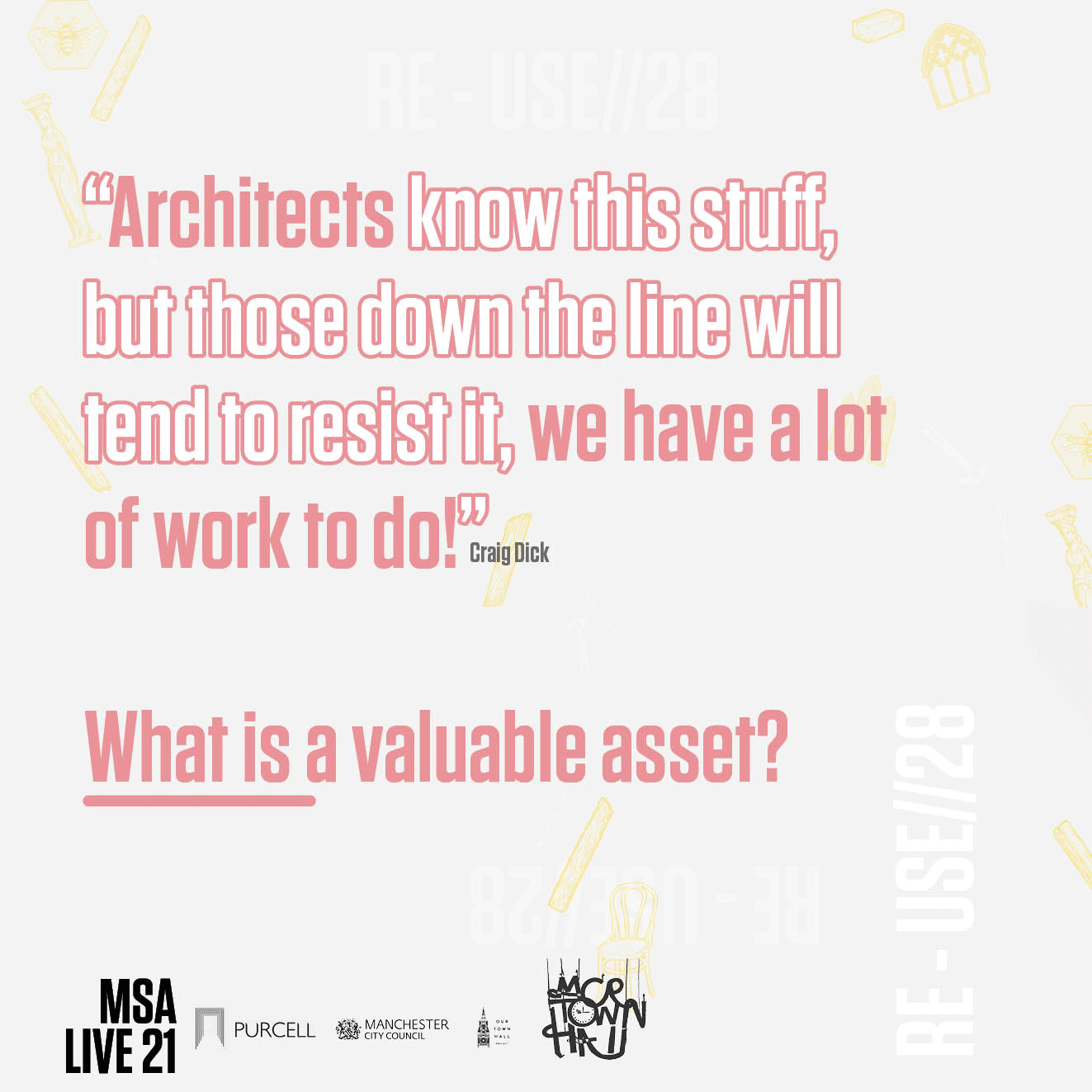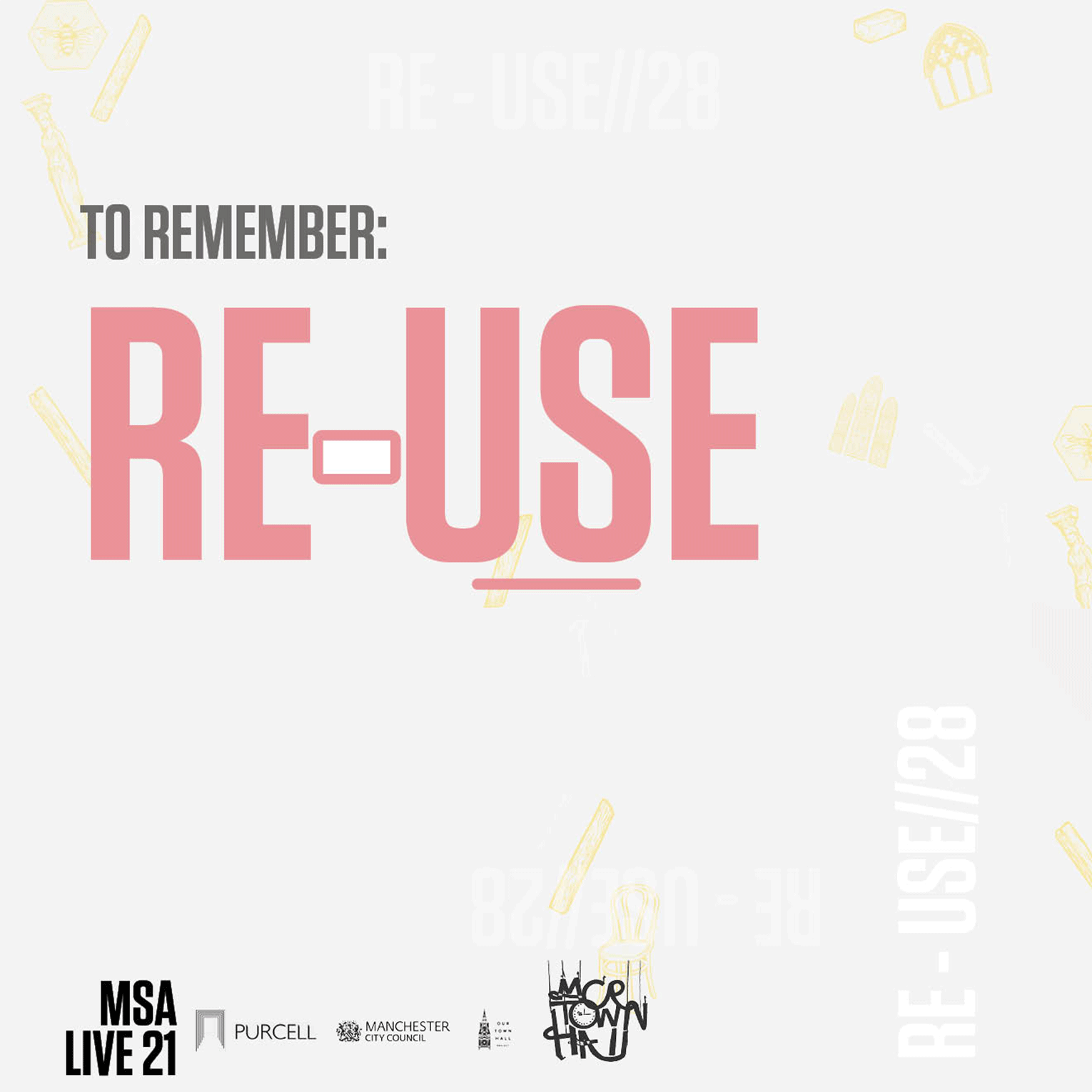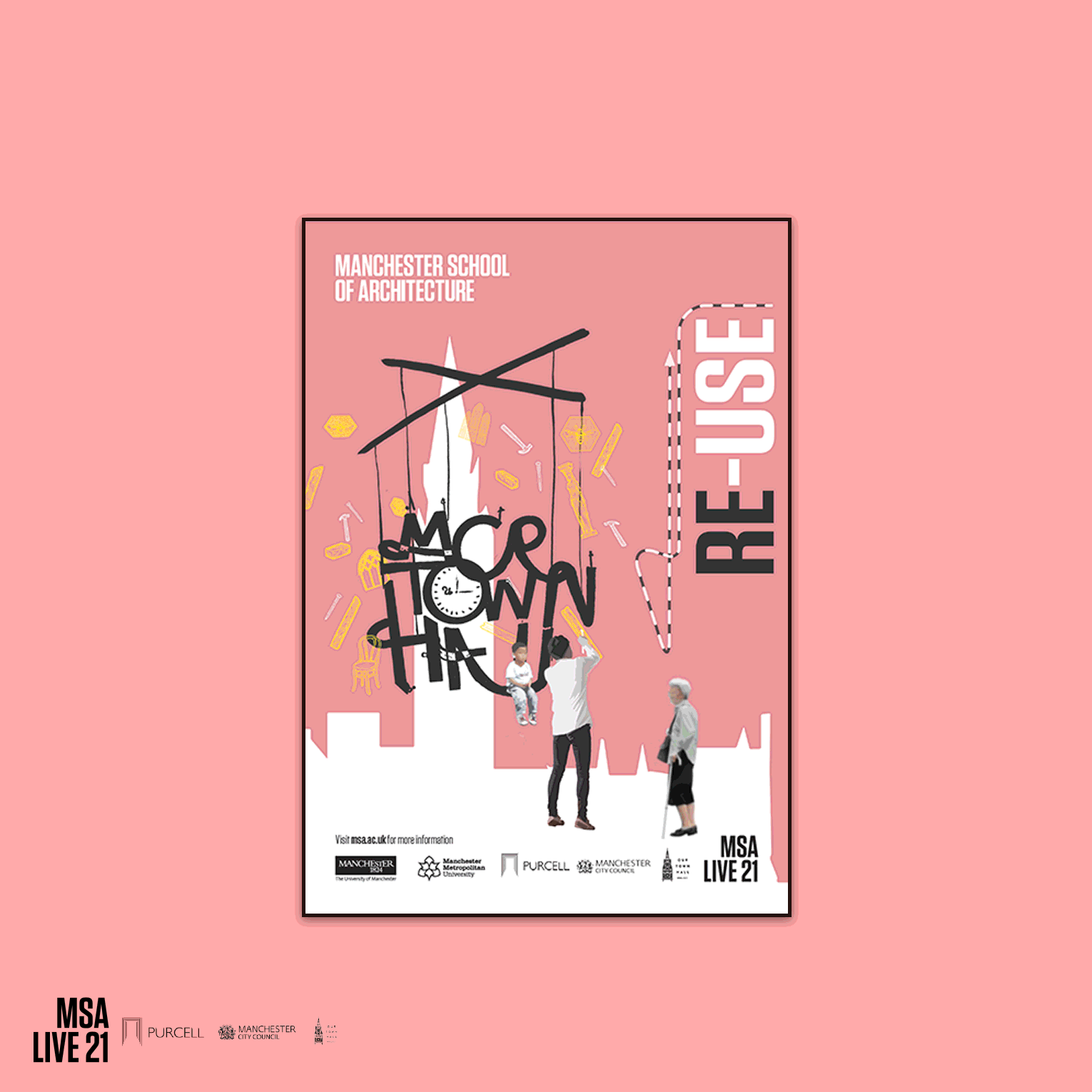Meet the Collaborator
Vanessa is an Architect who is part of the Purcell team working on the refurbishment of Grade I Listed Manchester Town Hall, where she is also responsible for
Vanessa is an Architect who is part of the Purcell team working on the refurbishment of Grade I Listed Manchester Town Hall, where she is also responsible for
Posted 1 Mar 2021 22:51








